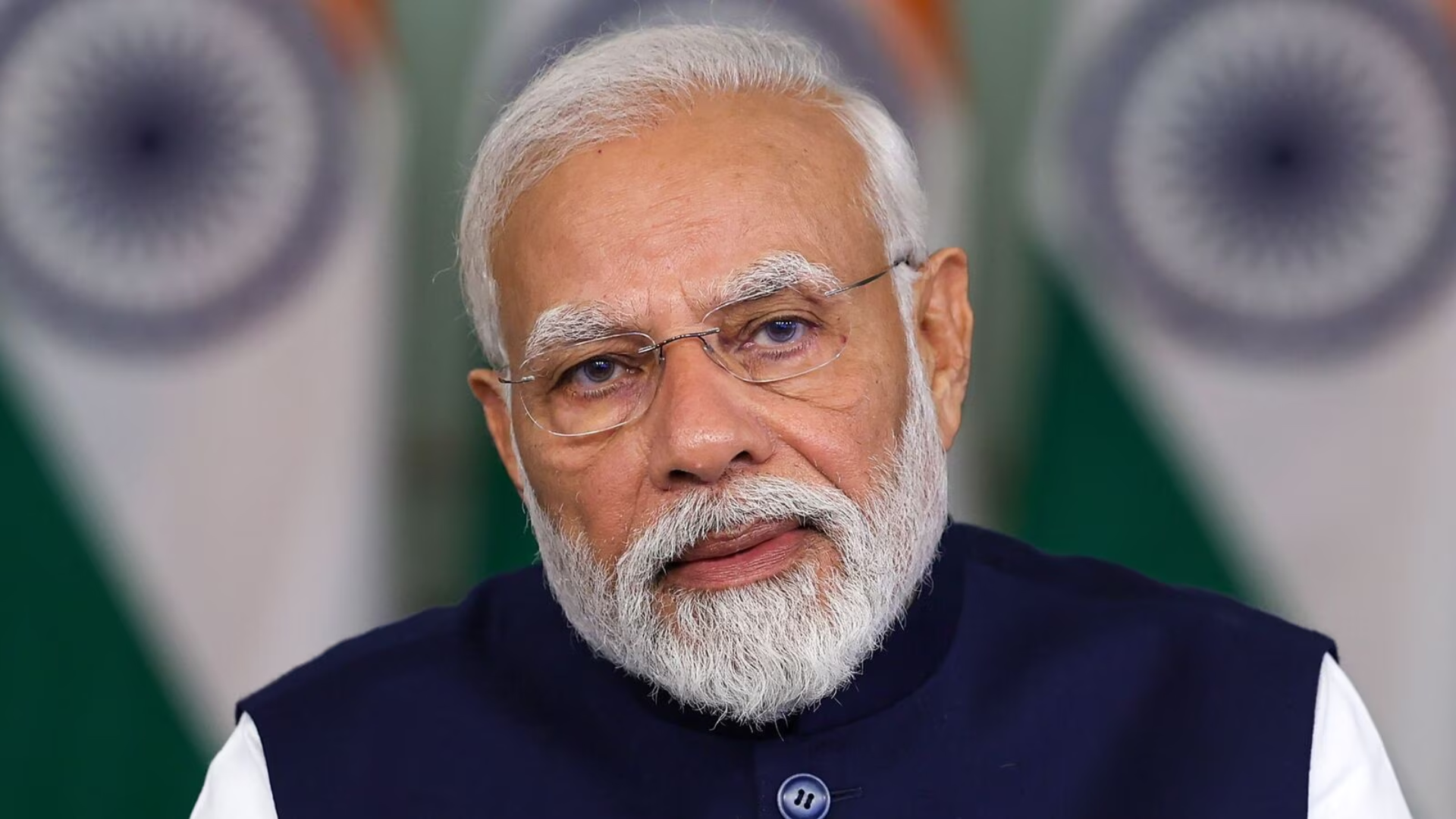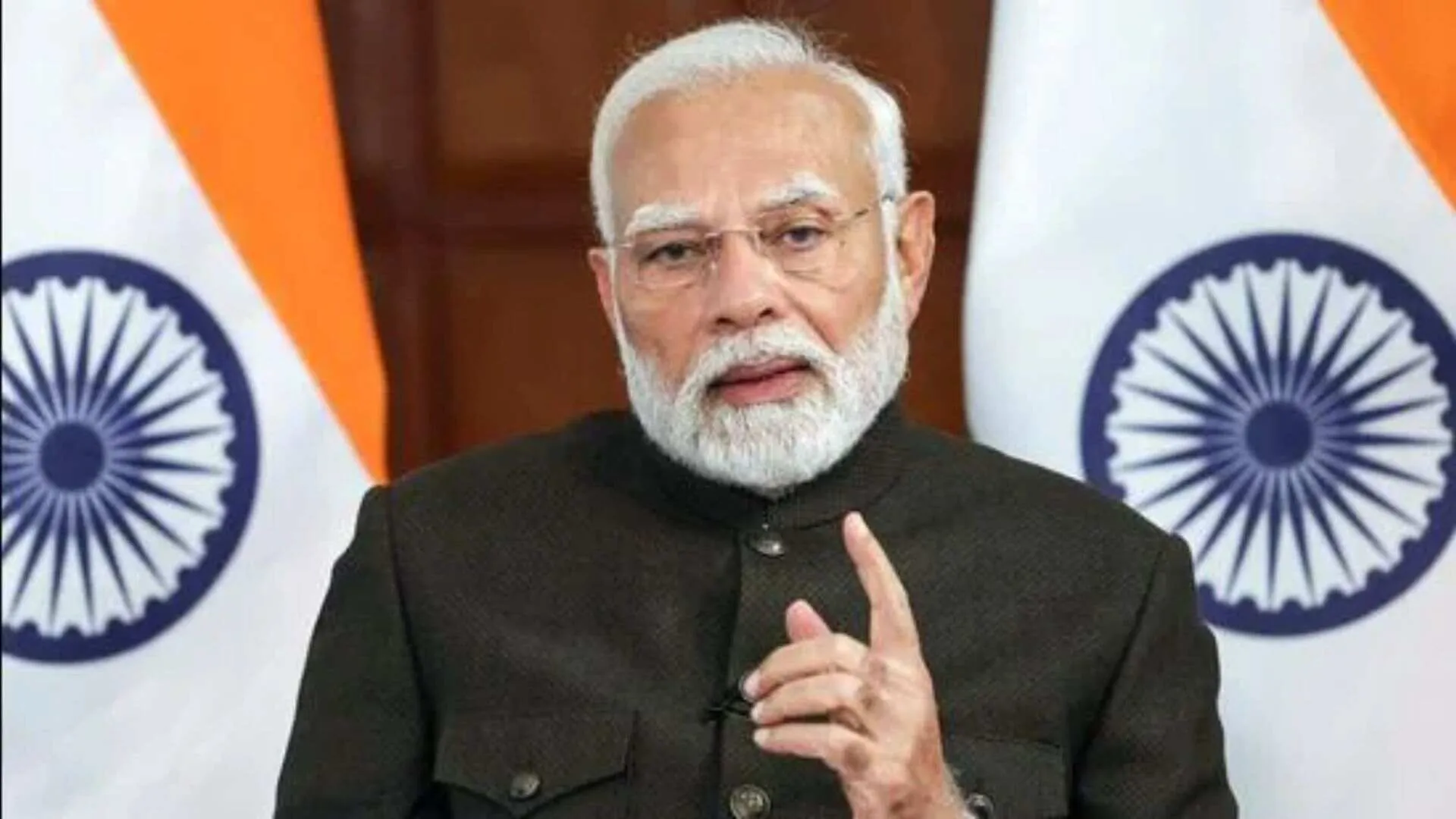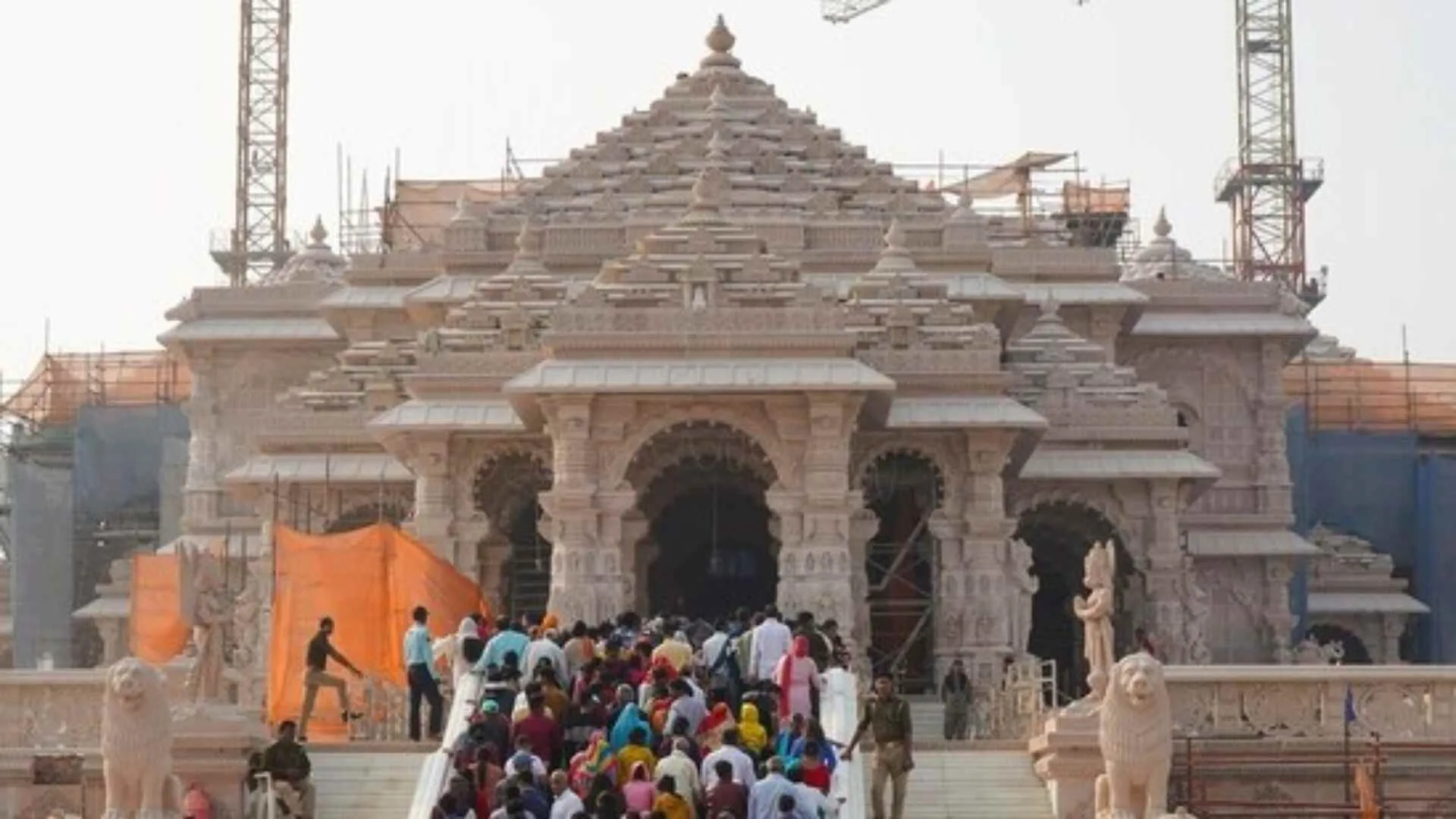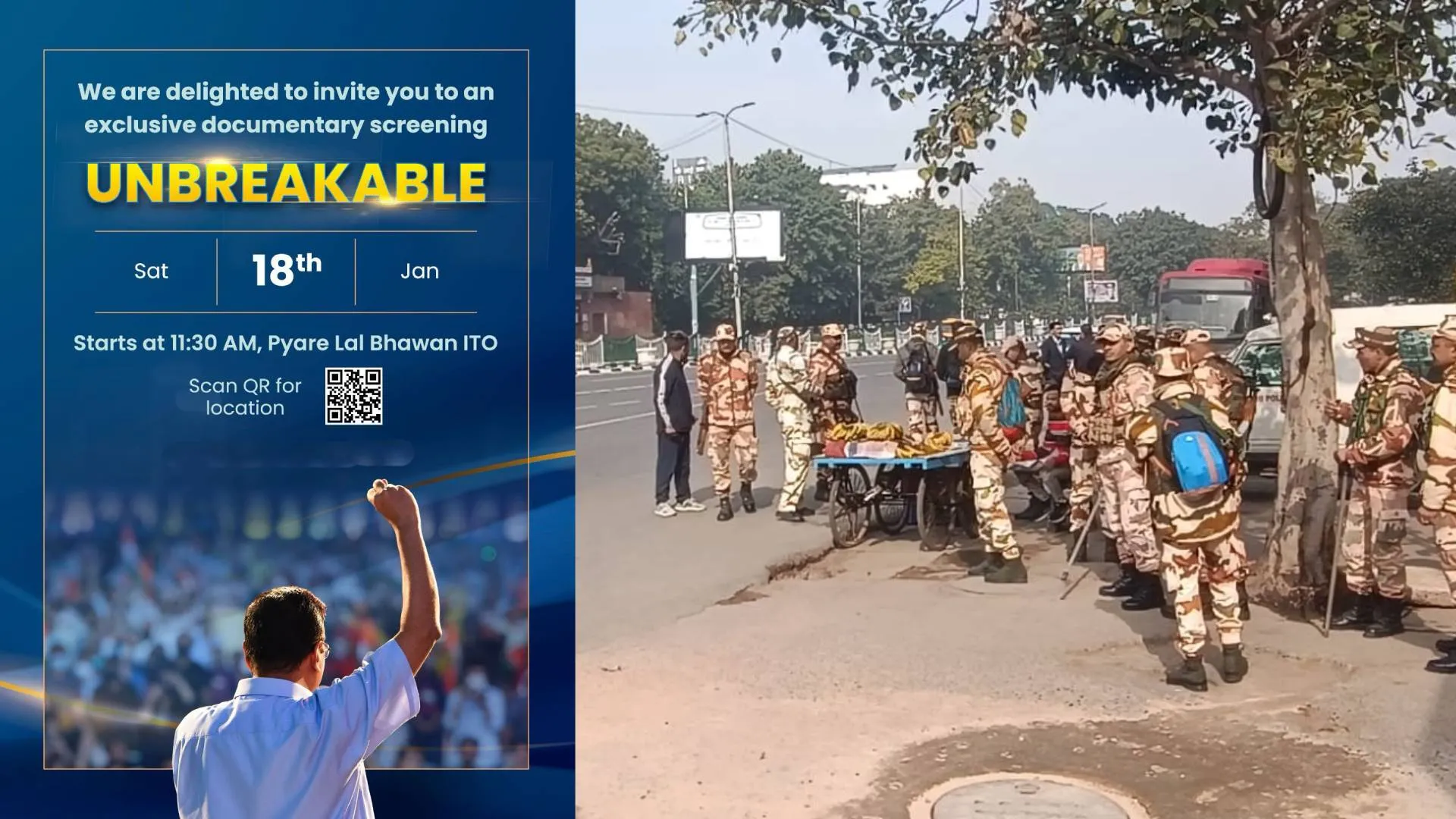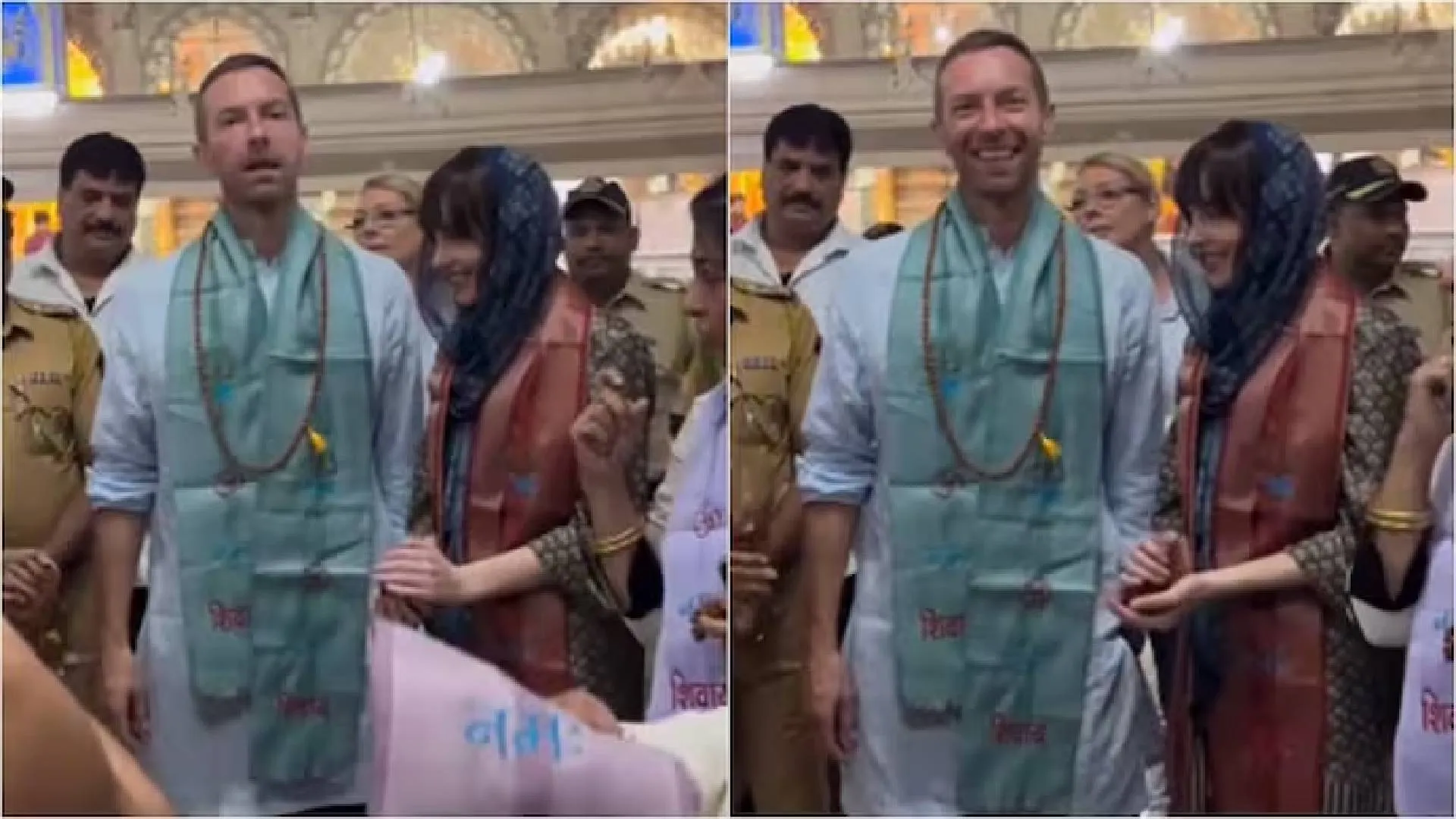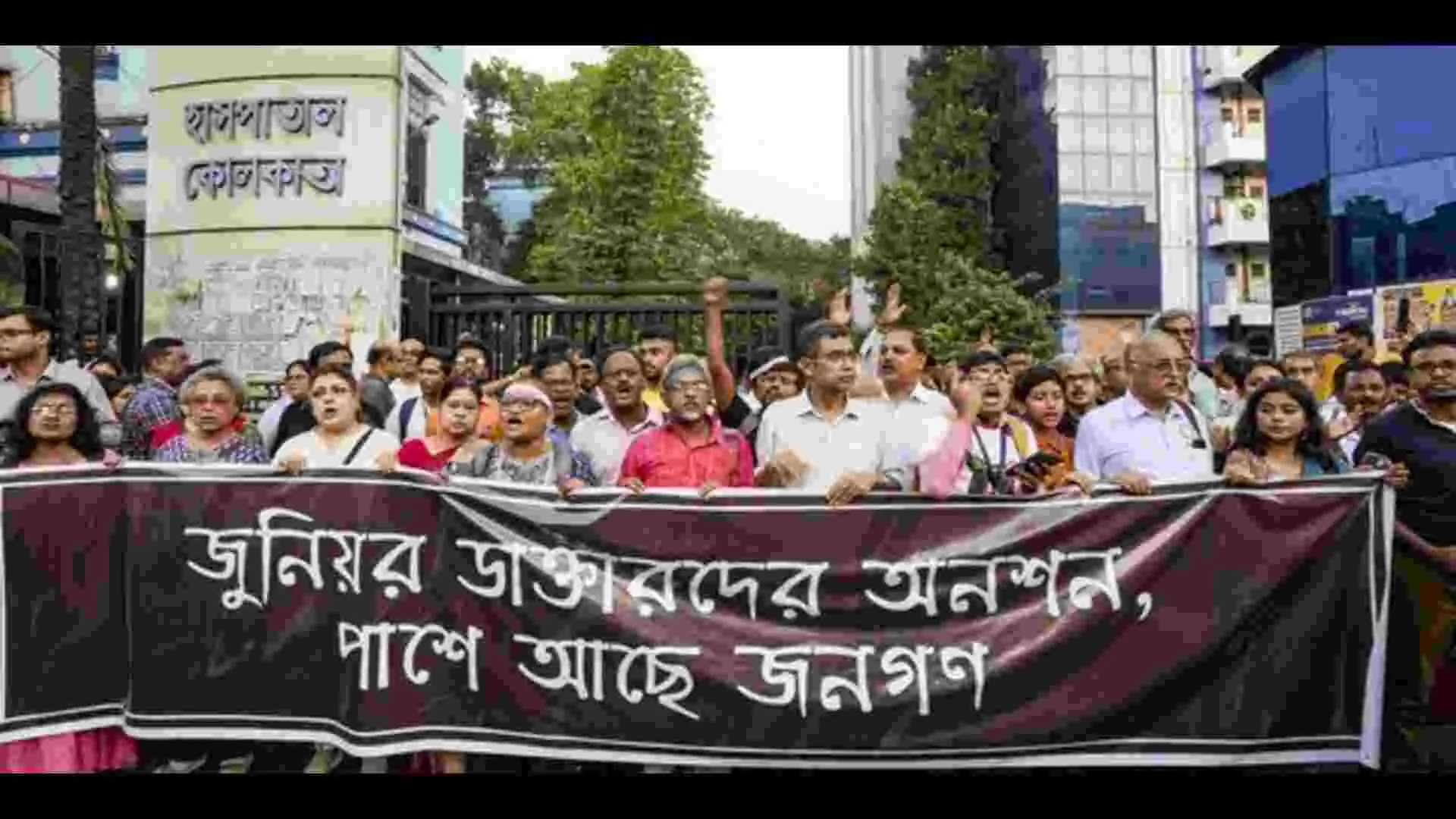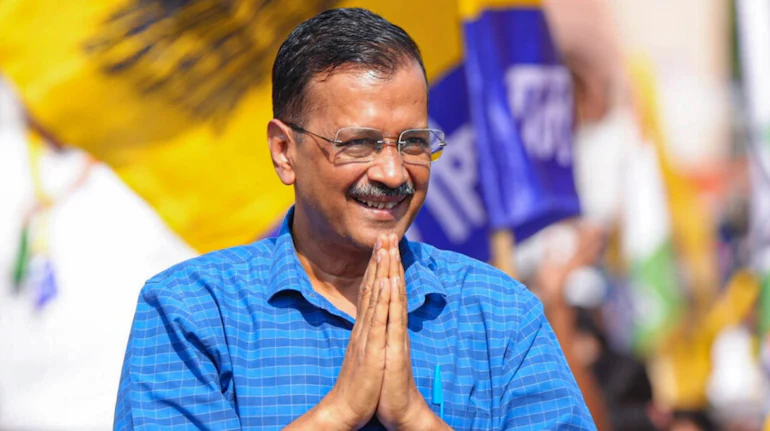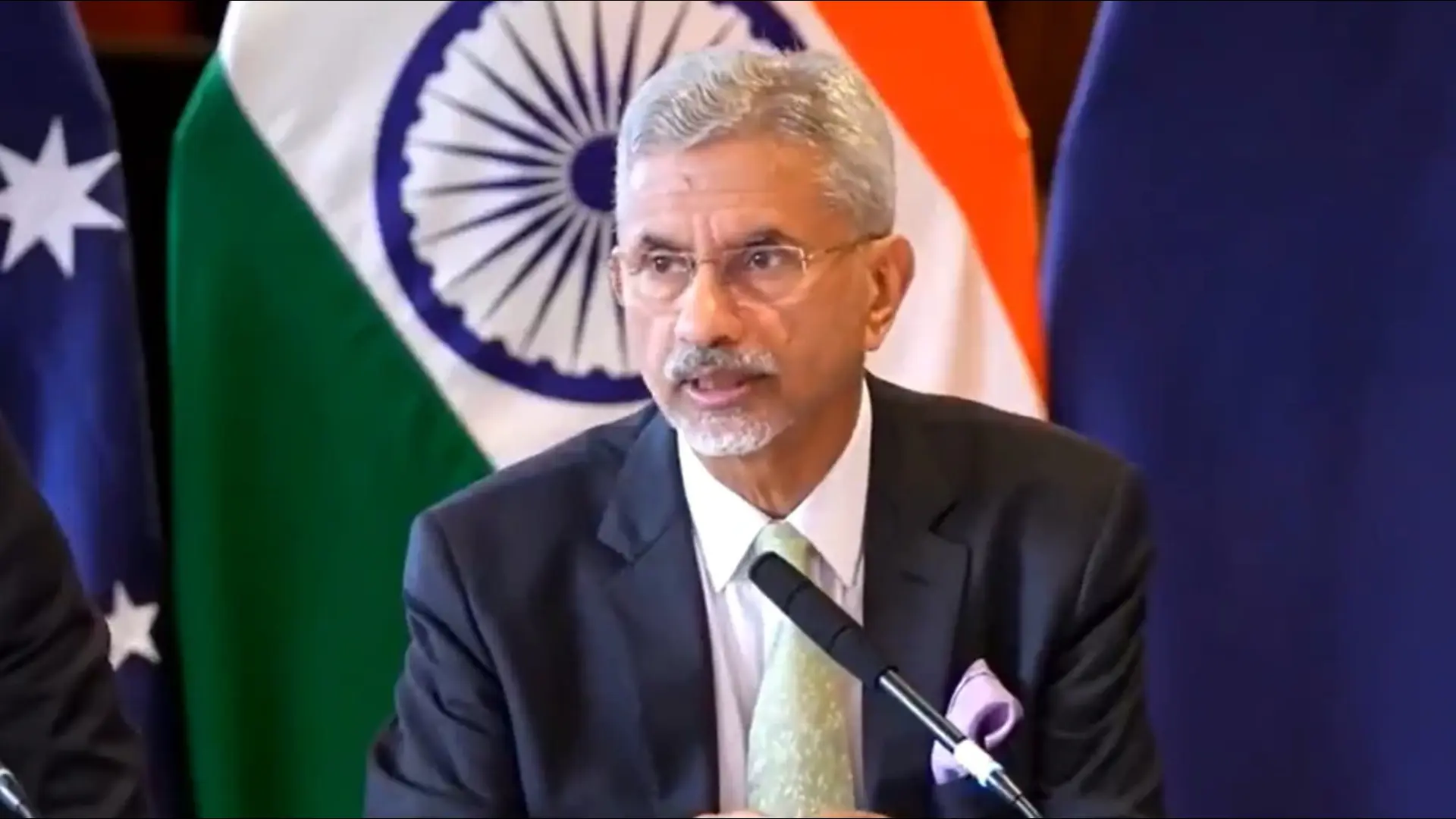Prime Minister Narendra Modi has once again adeptly shifted the opposition’s focus to his own agenda. Despite the opposition’s anticipation of low voter turnout in the first phase, Modi has skillfully steered the conversation towards polarization and introduced fresh topics. Making a strategic move to sway the voters Modi has drafted and projected agendas that might create a deep impact in the outcome of the elections.
Although Modi initially made an attempt to make the Congress manifesto a point of contention by associating it with the Muslim League before the first phase of voting, the party believed that the slogans of Ram Mandir and achieving over 400 seats would suffice. During his rallies, Modi not only highlighted various developments but also addressed issues such as the construction of the Ram temple in Ayodhya, the abolition of Article 370, and the issue of triple talaq.
The party felt that this time only the consecration of the statue of Ram Lalla in Ayodhya would help it win the general elections, but as the elections came closer, the issue of Ram temple started looking less effective. If seen, only BJP strategists are responsible for this. After organizing a big ceremony of consecration in Ayodhya on January 22 this year, BJP had made all the preparations. Temple cells were built at various places.
Rice was distributed regularly in the states where elections were held last year. Voters were promised that they would be taken to Ayodhya for free, but nothing like this happened. BJP forgot this promise and the workers also forgot it. From strategists to workers felt that there was no need to do anything now, Modi was winning the elections. This time all the big leaders of the party including Prime Minister Modi started raising slogans of crossing 400. It seemed like this was happening, but the low voting in the first phase raised alarm bells.
In an attempt to assert their influence, the opposition, in several instances, conveyed to caste groups benefiting from reservations, including Dalits, that the slogan of surpassing 400 implies a readiness to replace the Constitution drafted by Bhimrao Ambedkar with a new one, potentially leading to the abolition of reservations. Reports from various states suggested that this narrative may have divided the BJP’s vote bank. The Congress also reintroduced the slogan of surpassing 400 as an issue, asserting that reservations would be eliminated. Party spokesperson Jairam Ramesh further disseminated this message via YouTube, but before the opposition could gain traction with the general public, Prime Minister Modi shifted the discourse of the election. He was the first to abandon the slogan of surpassing 400. During his speeches, the PM primarily targeted the Congress and raised several issues that were previously unknown to the party.
The constituent parties of the Indian alliance are campaigning on various issues in their respective states. Based on the Congress party’s manifesto and statements from its leader Rahul Gandhi and former Prime Minister Manmohan Singh, issues such as property confiscation, distribution among Muslims, and Mangal Sutra confiscation were raised. Although Congress provided clarifications later, statements from Rahul’s advisor Sam Pitroda, who is close to the Gandhi family, escalated tensions, leading to increased aggression from the BJP. This was further fueled by Prime Minister Modi’s references to implementing wealth distribution laws from America. The election discourse has now predominantly focused on Hindu-Muslim relations, with references to Ram and Bajrang Bali emerging. Despite Rahul Gandhi himself providing clarifications, the Congress party remains entangled in these issues. Rahul has been advocating for a caste census and economic survey, despite internal disagreement within the party on these matters.
Prime Minister Modi turned the election towards Congress’s manifesto and statements and boosted BJP workers. Congress has already suffered huge losses by making statements during elections.
During the 2007 Gujarat elections, Sonia Gandhi had lost the election by using the word ‘dealer of death’.
At the same time, in 2014, Mani Shankar Aiyar had taunted by saying that a tea seller will become PM, which later became a big issue. The tea seller also became a reason for the defeat of Congress. After this, during the 2017 Gujarat elections, Mani Shankar Aiyar once again used the word ‘neech’ and then the situation changed. In such a situation, Congress lost the election it had won. Rahul Gandhi’s ‘Chowkidar Chor’ slogan proved costly for Congress in the 2019 Lok Sabha elections. This time Sam Pitroda gave a chance to BJP to speak on the matter of property distribution of Prime Minister Modi. This is the same Sam Pitroda, who had harmed the party by making false statements during the Pulwama attack. BJP, which was in tension due to low voting in the first phase, now became aggressive again. A day later, on April 26, the second phase of voting will reveal the impact of these issues.

